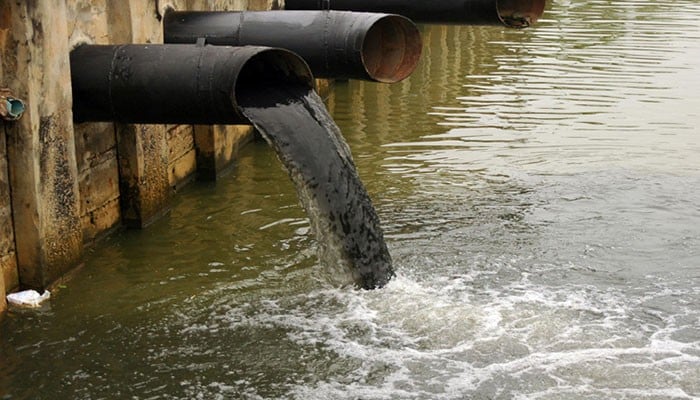Punjab CM to appear before SC in clean water case tomorrow
February 10, 2018
LAHORE: Punjab Chief Minister Shehbaz Sharif will appear before the Supreme Court's bench at Lahore registry on Sunday in the clean water case, Chief Secretary Captain (retd) Zahid Saeed informed the court.
The chief minister was summoned after the apex court expressed its reservations over a report presented by Punjab government on the contamination of 540mgd untreated water in the River Ravi. The chief justice stated that if the court can summon Sindh chief minister on the issue, why can't it do the same to his counterpart in Punjab.
Meanwhile, the supreme court has directed interior secretary to submit a report on clean water issue within seven days.
“If this is happening in Lahore, what will be the situation in other cities of Punjab,” he said. “The chief minister should tell us what he is doing for draining the polluted water.”
Sources informed Geo News that the Punjab chief minister is expected to appear before the court, and has consulted with provincial law minister Rana Sanaullah on the issue.
Previously in December, the Supreme Court heard the water pollution case at the Karachi registry.
The chief justice had summoned Sindh Chief Minister Murad Ali Shah.
During the hearing, Chief Justice Nisar observed that the water situation in Sindh is troublesome, adding that the chief minister has been summoned so they can resolve the situation together. The chief justice stressed it was the responsibility of the government to provide clean water to residents.
"If you say, we both can go drink and check the quality of water from any stream in Mithi," Chief Justice Nisar remarked.
Justice Nisar added: "I wish [PPP leader] Bilawal Bhutto Zardari knew of the [water] situation in Larkana".
He further asked the chief minister to rid Karachi populace of water tankers, adding that it was his (CM Shah's) responsibility to provide the citizens with clean water.
The chief justice further said they would not interfere in the administrative affairs, however, they would also not allow anyone, be it the chief minister or the prime minister, to act against the constitution.













